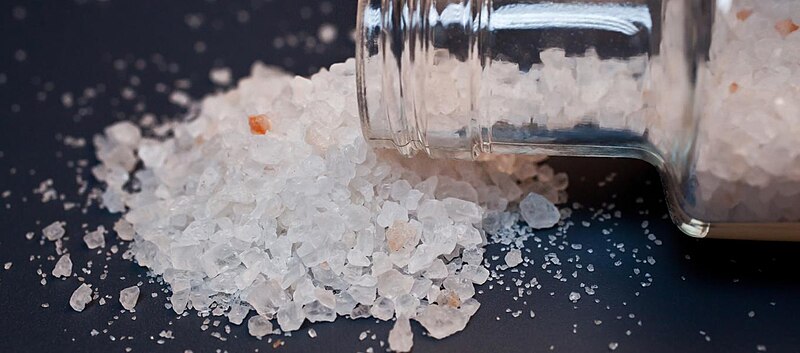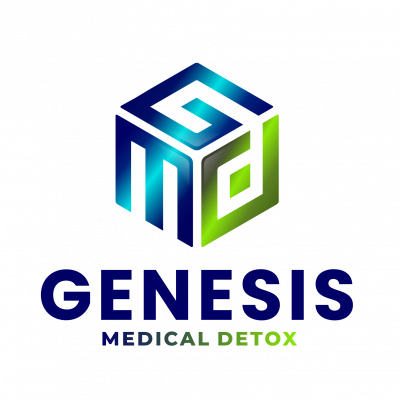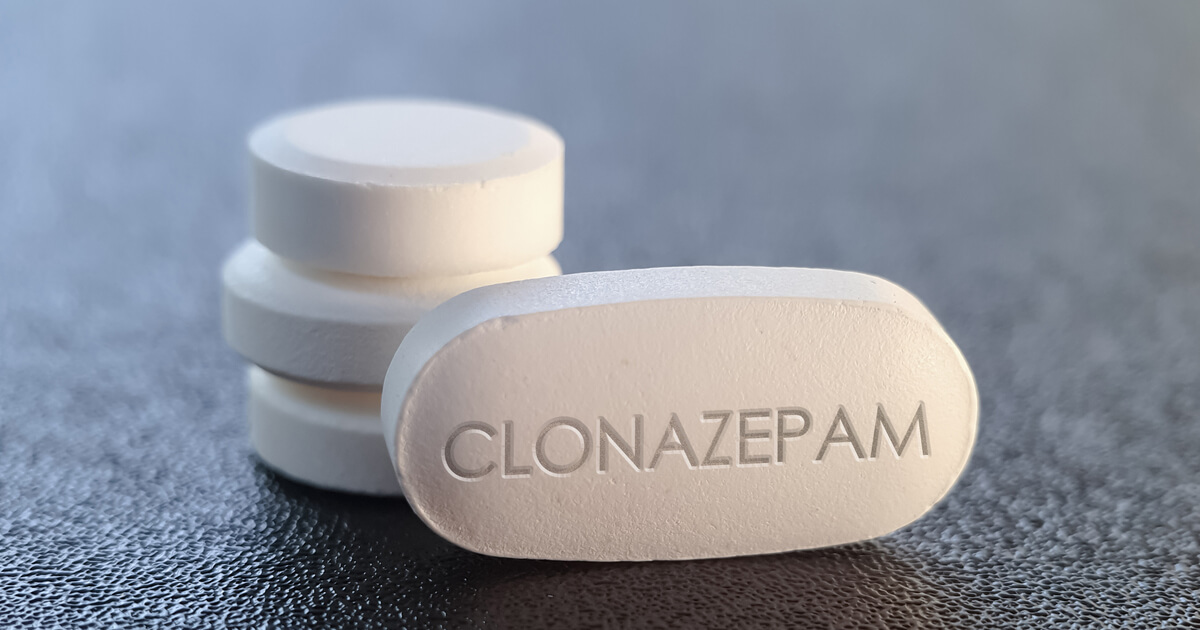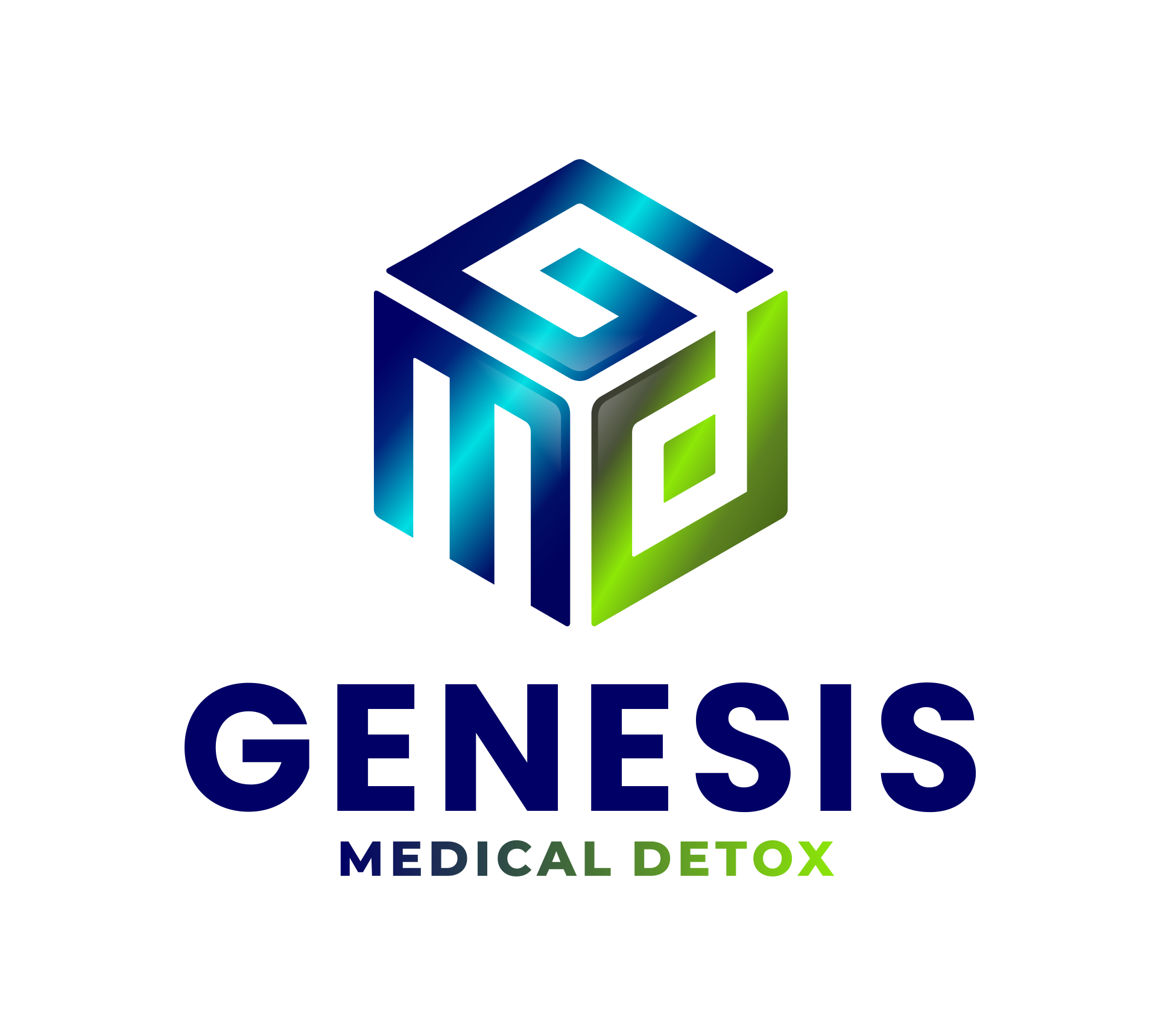
Mephedrone, often referred to as “bath salts,” has become a dangerous trend in Tennessee, capturing the attention of communities and families alike. This substance presents serious risks to users and poses significant challenges for society. Addressing mephedrone addiction is crucial to protect individuals and ensure the safety of communities throughout the state.
Mephedrone addiction can lead to severe health problems. Users often experience extreme anxiety, paranoia, and hallucinations. For example, reports from hospitals reveal that many individuals arriving in emergency rooms display symptoms such as rapid heart rates and severe agitation. These health risks not only impact the individuals but also burden the healthcare system. Resources that could help others in need are stretched thin by this growing crisis.
In addition to health issues, mephedrone addiction affects families and relationships. Many users struggle to maintain jobs or fulfill responsibilities at home. This leads to emotional distress for family members, especially children who may not understand why their parents are acting differently. Families in Tennessee are experiencing the pain of broken trust and strained connections as addiction takes hold. The need for support and understanding in these situations is vital for recovery and healing.
Moreover, the impact of mephedrone addiction extends beyond individuals and families; it also affects communities. Increased crime rates and drug-related incidents can be seen in areas where mephedrone use is prevalent. Businesses may suffer as crime deters customers, and local organizations face challenges in addressing the rising demand for addiction services. Community efforts to combat mephedrone use must be prioritized to rebuild trust and safety within neighborhoods.
To combat the mephedrone crisis, education and prevention strategies must be implemented. Schools and community programs should inform young people about the dangers of this drug. Creating strong support networks can also provide guidance for those struggling with addiction. By fostering open conversations about drug use, communities can develop proactive measures to reduce the stigma surrounding addiction and encourage individuals to seek help.
What is Mephedrone and Where Did it Come From
Mephedrone, often called “bath salts” or “plant food,” has become a topic of concern across the globe. This synthetic drug is known for its stimulating effects and has been linked to various health risks. Understanding what mephedrone is and where it came from is essential for raising awareness about its dangers and preventing its use.
Mephedrone is a member of the cathinone family, which are substances derived from the khat plant. Its chemical structure is similar to other illegal drugs, such as MDMA and cocaine. Many users report feelings of euphoria, increased energy, and heightened sociability after taking mephedrone. However, these effects come at a price. The drug can lead to serious health problems, including heart issues, anxiety, and even addiction. The appeal of mephedrone lies in its easy availability and the misconceptions surrounding its safety, but the reality is much darker.
Mephedrone first appeared in the early 2000s, primarily in the United Kingdom. It was initially sold legally as a “research chemical,” which attracted many users who believed it was safe. The lack of regulations allowed mephedrone to spread quickly, leading to increased use among young people. This rapid rise in popularity raised alarms among health professionals and lawmakers. Many countries have since banned the substance, but the fight against its use continues. The story of mephedrone highlights the need for better education and understanding of synthetic drugs.
The dangers of mephedrone are clear, but the misconceptions surrounding it still persist. Some users believe that since it is not as well-known as other illegal drugs, it is less harmful. However, this is a dangerous assumption. The lack of research on mephedrone means that its long-term effects are still unknown. Additionally, the way it is manufactured can vary greatly, leading to unpredictable and potentially lethal outcomes. The risks associated with mephedrone should not be underestimated.
Mephedrone is a synthetic drug that has gained popularity for its stimulating effects but comes with serious health risks. Its origins as a legal research chemical only add to the confusion surrounding its safety. Awareness and education are vital in combating the use of this dangerous substance. Understanding what mephedrone is and where it came from can help protect individuals from its harmful effects. It is essential to spread the word and encourage informed choices to prevent the dangers associated with mephedrone.
How Does Mephedrone Affect the Brain
Mephedrone, a powerful synthetic drug, has become a serious concern in many societies. Its effects on the brain are alarming and can lead to long-term damage for those who use it. Understanding how Mephedrone affects the brain is crucial for raising awareness and preventing its use among young people.
The first way Mephedrone impacts the brain is by increasing the levels of certain chemicals that create feelings of pleasure. This drug stimulates the release of dopamine, a chemical that plays a big role in reward and pleasure. When a person uses Mephedrone, they may feel a strong sense of happiness and excitement. However, this high can quickly lead to dangerous habits. For instance, many users chase that initial high, leading to repeated use and an increased risk of addiction.
Another harmful effect of Mephedrone is its ability to change how the brain works. Long-term use can lead to problems with memory and decision-making. Studies show that people who regularly use Mephedrone often struggle to remember things or make good choices. This decline in mental function can affect many areas of life, including work and relationships. For example, someone who used Mephedrone might find it hard to keep a job or maintain friendships due to their impaired judgment.
Moreover, Mephedrone can cause severe mental health issues. Users may experience anxiety, paranoia, and even hallucinations. This can lead to dangerous situations where individuals may harm themselves or others. For example, some users report feeling a sense of impending doom or believing that they are being watched, which can result in erratic behavior. These mental health problems can last long after the drug has left the body, creating a cycle of distress.
The effects of Mephedrone on the brain are both serious and alarming. It increases pleasure chemicals, alters brain function, and can lead to mental health issues. Raising awareness about these dangers is essential to protect young people and prevent the harmful consequences of this drug. Understanding how Mephedrone affects the brain can help individuals make informed choices and encourage communities to take action against its use.
What is Withdrawal and Detoxing from Mephedrone Like
The journey of withdrawal and detoxing from mephedrone is not just a struggle; it is a fight for life and well-being. Many individuals find themselves trapped in the cycle of addiction to this powerful substance, which can lead to physical and mental challenges during the detox process. Understanding what this journey entails is crucial for those seeking help and support.
Withdrawal from mephedrone often begins with uncomfortable physical symptoms. Users may experience headaches, nausea, and fatigue as the body adjusts to the absence of the drug. For example, a person who has relied on mephedrone for an energy boost may feel extremely tired and lethargic during detox. These physical symptoms can make it hard for someone to stay motivated to quit, but they are a normal part of the body healing itself. Recognizing that these feelings will pass can provide hope and encouragement.
Beyond physical symptoms, psychological effects can also be significant during withdrawal. Many users report feelings of anxiety, depression, and irritability. Take the case of a former user who faced severe mood swings and intense cravings for mephedrone during detox. This emotional turmoil can push individuals to relapse if they do not have a solid support system in place. Seeking help from friends, family, or professional services can make a difference. Sharing experiences and feelings with others who understand can help ease the mental strain and promote recovery.
Support groups and therapy play important roles in a successful detox process. Engaging with others who have faced similar struggles can provide comfort and motivation. For instance, group therapy sessions allow individuals to share their stories and learn from each other. This sense of community can reduce feelings of isolation and encourage individuals to stay committed to their recovery journey. Professional guidance from therapists can also offer coping strategies to manage cravings and emotional challenges that arise during withdrawal.
Detoxing from mephedrone is a challenging but ultimately rewarding journey. The physical discomfort and emotional struggles are part of a healing process that leads to a healthier life. With the right support and understanding, individuals can overcome these obstacles and find their way back to a brighter future. It is essential to encourage those facing addiction to seek help and recognize that the path to recovery, though difficult, is possible.
In Conclusion
In conclusion, mephedrone addiction is a pressing issue in Tennessee that requires immediate attention. The health risks, family struggles, and community challenges associated with this drug highlight the need for effective solutions. By prioritizing education and support, Tennessee can work towards a brighter future free from the shadows of addiction. Taking action today can help protect individuals and strengthen communities for tomorrow.
If you or someone you know is struggling with a chemical dependency issue reach out to Genesis Medical Detox or Magnolia Ranch Recovery today and get started on the path to long-term recovery.








